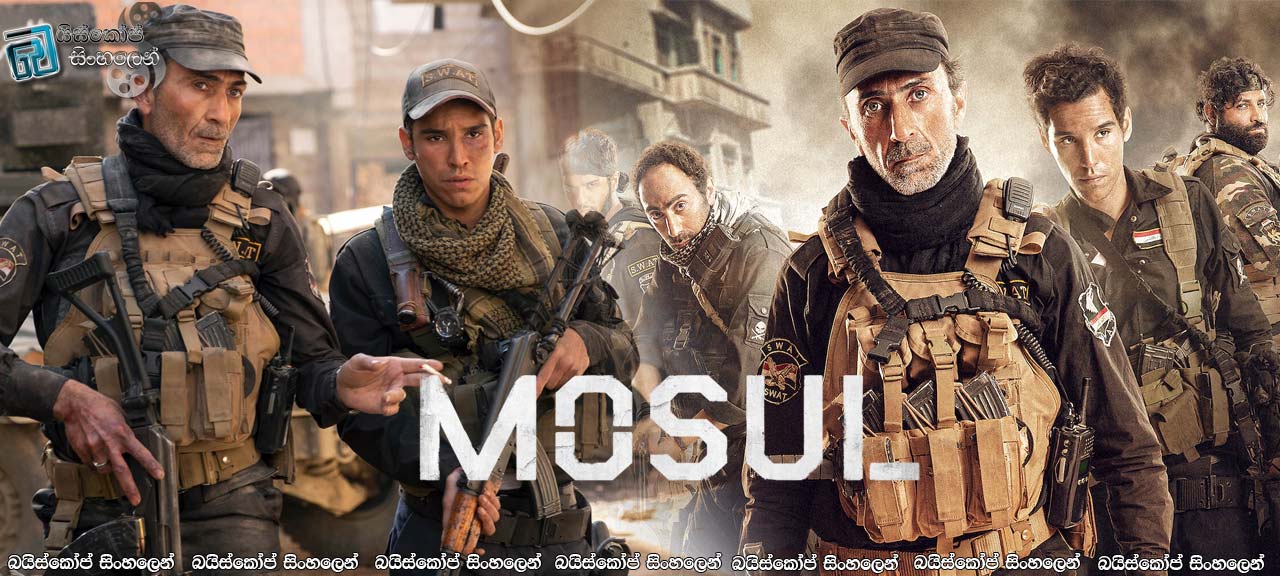SEAL Team, which premiered in 2017 on CBS, is a military action-drama series that follows an elite unit of Navy SEALs as they take on high-risk missions around the world. Created by Benjamin Cavell, the series stars David Boreanaz as Jason Hayes, the team’s respected and battle-hardened leader. Over the years, the show has built a loyal fan base thanks to its compelling characters, intense action, and surprisingly emotional storytelling.
![Seal Team 3 sniper in the battle for Mosul Iraq 2017 [1402x958] : r/MilitaryPorn](https://i.redd.it/ppwhr6th49g81.jpg)
At first glance, SEAL Team may appear to be just another procedural military drama filled with explosions and patriotic fervor. However, the show digs deeper into the psychological and emotional toll that war takes on soldiers. Through the eyes of the Bravo Team, viewers witness not just dangerous combat operations, but also the personal struggles each team member faces—ranging from PTSD and family issues to questions of loyalty and leadership.
David Boreanaz delivers a strong and nuanced performance as Jason Hayes. His character is not a typical action hero; he is flawed, often conflicted, and constantly wrestling with the burden of responsibility. The supporting cast—Max Thieriot as Clay Spenser, Neil Brown Jr. as Ray Perry, and A.J. Buckley as Sonny Quinn—also bring depth to their roles, forming a believable and tightly knit unit. Their chemistry is a cornerstone of the show’s success.
The action sequences in SEAL Team are among the most realistic on television. With a clear commitment to authenticity, the show works closely with military advisors to ensure that tactics, gear, and language feel true to life. Missions are portrayed with tactical precision and real-world consequences, which raises the stakes and keeps the tension high. Unlike more stylized war dramas, SEAL Team strives to reflect the chaos and complexity of real combat scenarios.
What sets SEAL Team apart is its balance of action and emotion. The writers explore themes of brotherhood, sacrifice, and resilience without becoming overly sentimental or preachy. Episodes often juxtapose scenes of battlefield intensity with quiet moments of vulnerability, such as a phone call home or a therapy session. This contrast humanizes the characters and gives the audience a reason to invest in their journeys.

However, the show is not without its flaws. At times, some subplots—particularly those involving romantic relationships—feel underdeveloped or melodramatic. Additionally, while the focus on realism is admirable, it can make the pacing uneven, especially during dialogue-heavy episodes.
Overall, SEAL Team is a solid and engaging series that offers more than just military action. It delivers a respectful portrayal of service members while offering thoughtful insights into the mental and emotional demands of their profession. For fans of war dramas that prioritize character as much as combat, SEAL Team is a standout series well worth watching.


